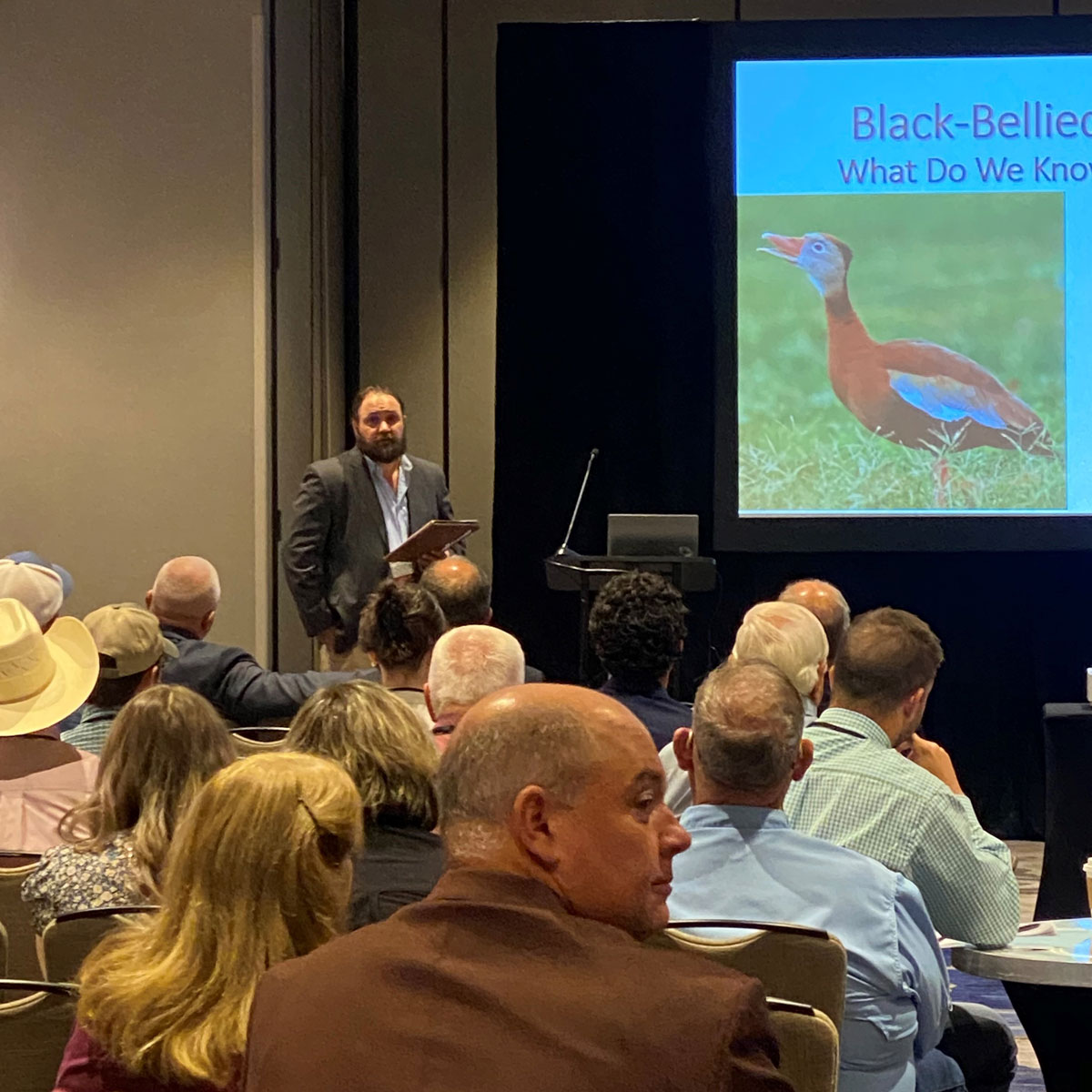 Louisiana Rice Advisory Committee Chair Allen McLain presides over Saturday's meeting
Louisiana Rice Advisory Committee Chair Allen McLain presides over Saturday's meeting
Jun 26, 2023
NEW ORLEANS, LA – The 101st Annual Convention of the Louisiana Farm Bureau (LAFB) took place here last week, bringing together agricultural producers and industry representatives from across the state to discuss the importance of Louisiana agriculture and the challenges ahead.
The LAFB Rice Advisory Committee met Saturday morning to hear reports and rice industry updates. Chair Allen McLain, a rice farmer from Abbeville, Louisiana, opened the meeting with an update from USA Rice reminding everyone of the approaching Rice Production Program (RPP) sign-up deadline on July 10, the upcoming Louisiana Rice Promotion and Research Board meetings following the LSU Rice Research Station annual field day this Wednesday, June 28, and the USA Rice Business meetings in Little Rock, Arkansas, on July 5-7.
The first presentation, Alternate Wetting and Drying, Are You Open To "Climate Smart" Rice, by Dr. Dave Spencer, assistant professor with Mississippi Water Resources Research Institute, was enhanced by attendees from regions around the state sharing their experiences with alternate wetting and drying (AWD). The topic was informative, especially for those who have limited experience with this practice on their farms.
"With the many Climate Smart grants available to rice growers, we wanted to go a little more in-depth on what this will mean for our rice growers," McLain said. "There are so many variations of AWD and producers realize the importance of understanding this practice ahead of time so we’re not playing ‘catch up’ in the middle of the season.”
Jason Olsak, water program manager for the Louisiana Department of Wildlife and Fisheries, gave a presentation on the black-bellied whistling duck, a species that is becoming a persistent problem for producers as one of these ducks can eat up to 54 grams of seedling rice per day. Considering the large populations that congregate in a concentrated area, the damage these ducks can cause in a short period of time is devastating.
In closing, McLain asked the group to review the LAFB Rice Advisory Committee's Rice Recommendations document in preparation for the Committee's next meeting later this year.